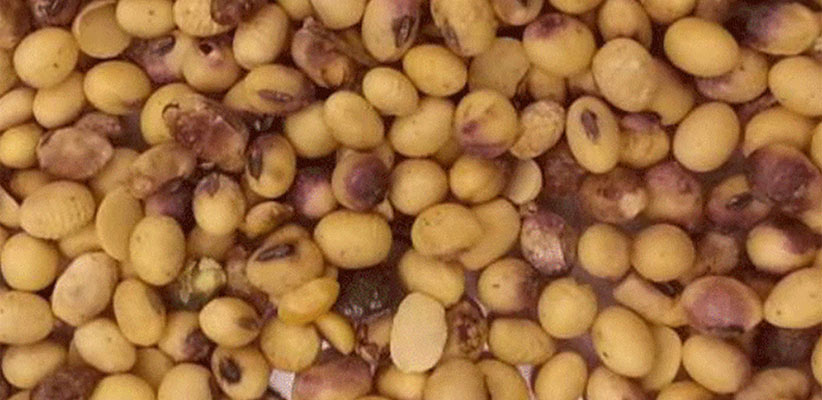
Pulses have come to establish themselves as staple meals for many across several cultures of the world. Pulses have also found themselves to constitute a major part of sustainable cropping systems. Such cropping systems are common across the world especially in the south-eastern region of Australia.
These cropping systems are prevalent for their lovely advantages cutting across the immense benefits help they dole to the environment pertaining to the economic benefits it floods the farmer with.
As a pulse farmer, you would be very correct to be worried about a virus invasion of your crops. It therefore becomes necessary to dedicate good amount of efforts in countering such insurgency from a virus attack, protecting your pulses from the wanton devastation that are common with virus attacks. So what protective steps can you rightly take to curtail a virus attack on your pulse crops?
The seed variety is also important in controlling a virus attack
A good of number of viruses that makes life miserable for our pulses are seed-borne. It thus tells why it is important to keep a keen eye out for the quality of the seed. The types of the AMV (alfalfa mosaic virus), the cucumber mosaic virus (CMV) are all seed-borne. Therefore as a pulse farmer, it would help if you buy seed varieties that are virus-tested.
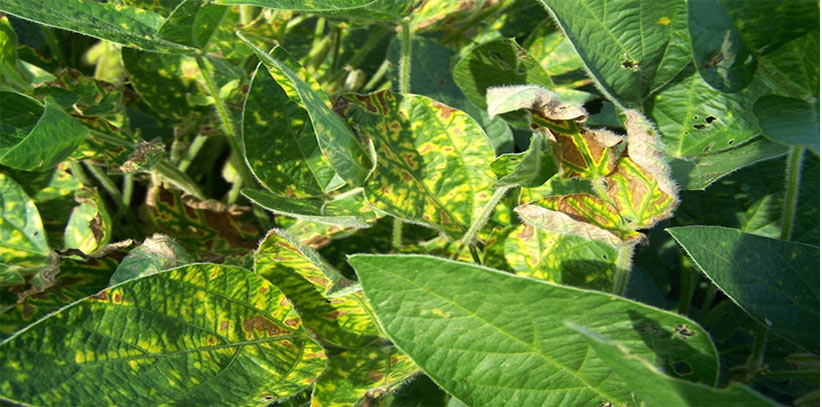 When making the selection of the seeds you want to sow, try taking that extra step of precaution to ensure that the crop whose seed you are selecting doesn’t at least display any symptom of virus infestation. It also shouldn’t bear any mark of aphids attacks. For example, the popular virus PSbMV is transferred from infected seeds.
When making the selection of the seeds you want to sow, try taking that extra step of precaution to ensure that the crop whose seed you are selecting doesn’t at least display any symptom of virus infestation. It also shouldn’t bear any mark of aphids attacks. For example, the popular virus PSbMV is transferred from infected seeds.
You can also use insecticides to cut down on the menace
Another good virus control practice that can help you cut down on the probability of a virus attack is the use of insecticides. Once you notice that aphids are infiltrating your pulses, it could go well if you quickly apply your insecticides. Such early application of insecticides has shown to cut down on yellowing.
This yellowing referred to here pertains to that provoked by transmitted luteoviruses and the infamous beet western yellows virus. But you can’t just apply your insecticides, else an abuse could even damage your crops.
There has to be a planned interval for the periodic application of your insecticides. In ideal conditions, you can apply your insecticides to your pulses every two to four weeks. Border spray can also come in handy in the situation where you notice the migration of crawling aphids into crops from close paddocks.
A lot has to do with how you manage your pulse crops in the pre-season
A lot of the infestation of your crops (by virus) is connected with the rains that come normally in the autumn as well as the rains that come in the summer. This is because increased rainfall as seen in these stipulated periods of the year opens the ceremony welcomingly to the growth of weed which in turn becomes a generous host of viruses.
Most notorious for the transmission of such virus is aphids. Aphids find the wetness of these times of the year very conducive to their existence. So now, what is the way out?
You would have to critically examine the season. You will look at the magnitude of risk associated with farming for that interval of the year as well as the tendency of weeds to grow. In the case where the risk is high, it, therefore, becomes a necessity to place emphasis on the control of weeds before they start habiting aphids. You would also pay attention to self-sown crops. All these precautionary steps should be carried out before you sow your pulses.
Lastly, we will be looking at your sowing practices
The way you sow your pulses to a large extent determines how vulnerable they are to a virus attack. Let us take for instance flying aphids. This sect of aphids has a typical preference for plants which are directly surrounded by ordinary ground (bare).
Therefore with this in mind, the farmer can save his pulses a gigantic part of the menace if he can deploy ground cover and other farming practices like row spacing.
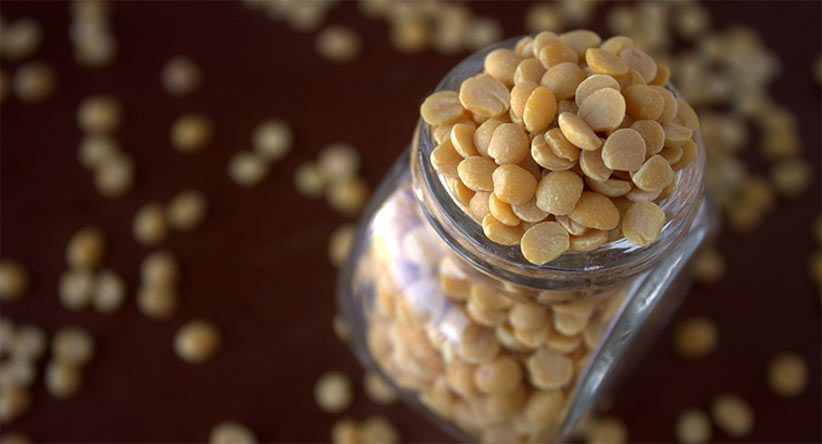 A virus attack is no fun when it befalls your pulses. It would, therefore, make good sense as a farmer to be on the front foot trying to prevent an attack proper, or reducing the effects in the case where the virus attack has already occurred.
A virus attack is no fun when it befalls your pulses. It would, therefore, make good sense as a farmer to be on the front foot trying to prevent an attack proper, or reducing the effects in the case where the virus attack has already occurred.

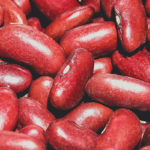

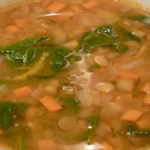
Comments are closed.